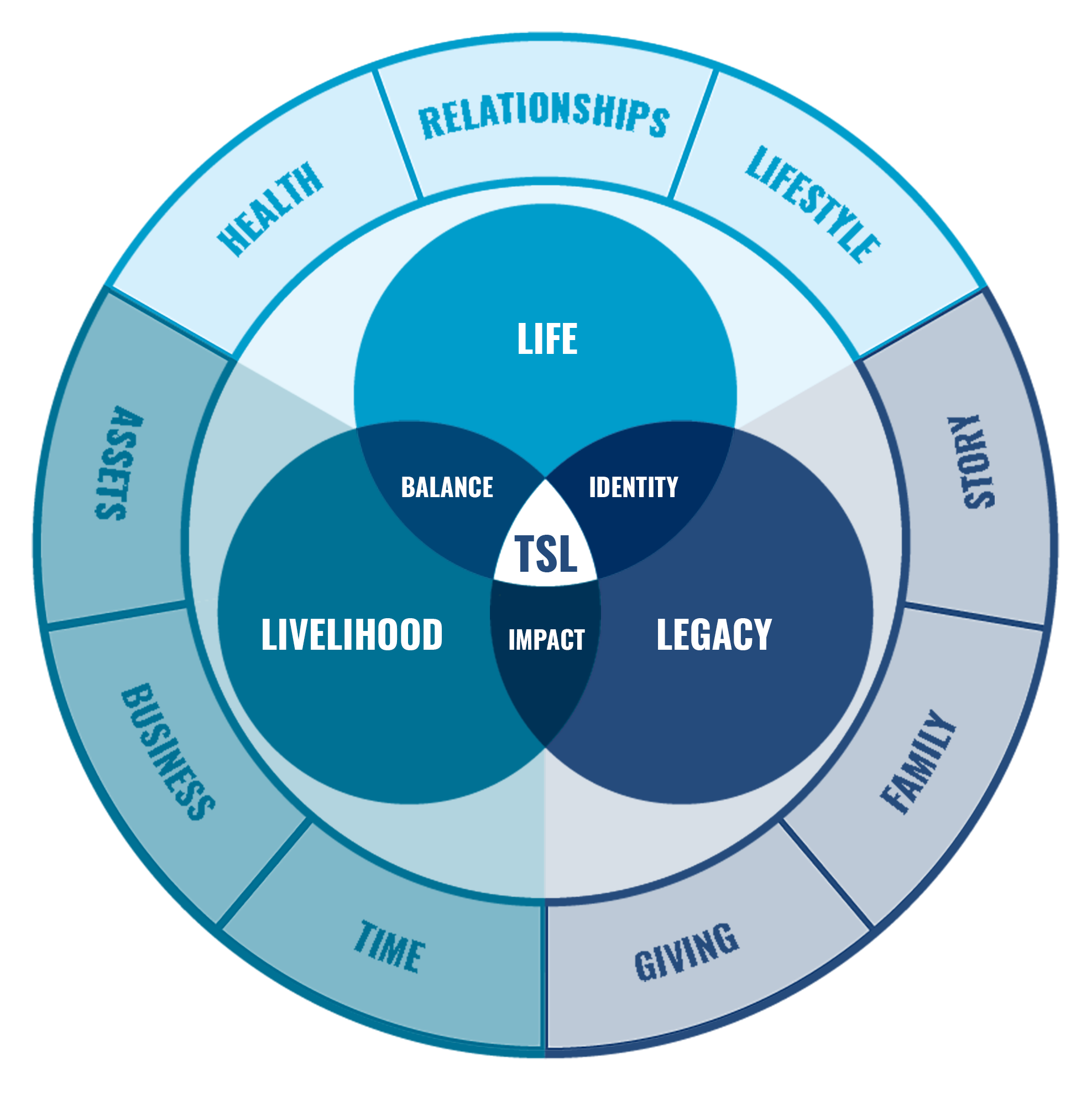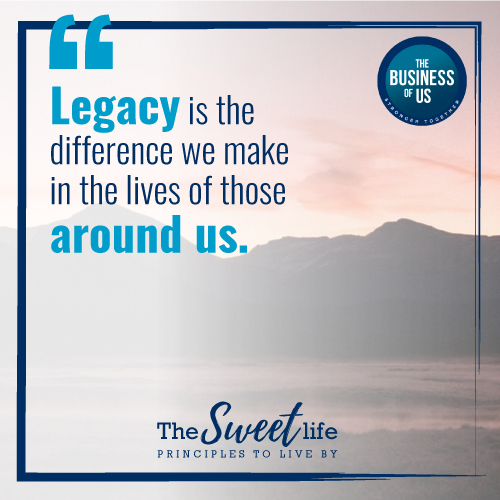As an aspiring writer, I was constantly consumed with goals. What would lead to publication? What would bring in money? Would fame follow if I wrote a space opera werewolf romance?
It’s easy to get caught up in this mindset, especially in the beginning. I wasn’t thinking about my writing in a long-term context. Of what it might mean and to whom.
Until one day in early 2007 when I purchased a blank, hardbound journal. I decided then that I would spend the next decade or so writing for an audience of one. I would fill the book with entries from me to my daughter.
I’ve been writing this book for over twelve years. When her sister came along, I purchased another blank journal, in which I’ve been writing for just over a decade.
I remember when I sat down to make my first entry. What pen would I use? Should I wait and research to find the perfect pen? Would I write in print or cursive? I looked over at Emilia, an infant barricaded by pillows on one end of the couch, sleeping, drooling, and occasionally farting.
Would my writing even matter? No one would read it anytime soon. When would I give it to her? When she was sixteen? Eighteen? Twenty-five? What did I have to say, anyway?
All of the demons and doubts grew from my desire for instant gratification. There would be no reward, not then and maybe not ever, for my efforts. If words are written and go unread, do they still exist?
Anyone who keeps a regular journal will tell you that yes, they absolutely do exist and they have meaning. Which is why aspiring writers are so often encouraged to journal. This breaks the mindset of continually looking for the gain (publication or paycheck). You cannot improve if you do not write. And you will not write if you are all-consumed with what you’re going to get for your efforts.
I told myself two words: Just Begin.
I knew very little about my audience of one. I had no inclination as to how her humor, her personality, or temperament might evolve. I stopped worrying about it, focusing instead on what I felt and wanted to communicate. One sentence led to the next. A page turned into two. A year’s worth of entries. Then five years. Now twelve.
When Tony Doerr wrote All the Light We Cannot See (on which he spent over a decade), did he approach each chapter with the mindset of, “I’m going to write this so that I can win a Pulitzer”? I’m thinking not.
When we allocate our efforts, we have a choice:
#1. I’m doing this for the short-term, feel good, or superficial gain.
#2. I’m in it for the long haul in pursuit of improvement, meaningful connection, to better the world around me, or to create positive and lasting legacy.
Whichever mindset we adopt from the start will have huge impact on the work we produce.
This doesn’t just apply to writing, but to everything:
• Are you working out just to cross it off the list (short-term, feel good), or are you truly pushing yourself in pursuit of greater health?
• Are you churning out the space opera werewolf romance because you heard it’s the latest trend (superficial gain), or are you working on creating meaningful connection?
• Are you fighting for what you really believe in (better the world around you), or joining a cause for the sake of appearance?
Before my genre-loving friends snap their #2 pencils in half, YES, I believe a well-crafted space opera werewolf romance can create meaningful connection. But make sure that it’s what you truly feel called to create, rather than grasping for the latest fad.
I connected with readers through my first humor series. It worked. But by the time the series was finished, I KNEW it was finished. I’d moved from the mindset of checking goals off my to-do list (Publish! Publish! Publish!) and leaned into the mindset of what truly matters (improvement, meaningful connection, better the world around me, create positive and lasting legacy).
When I think now about what matters, sometimes it’s as simple as writing for an audience of one.



 Join the quest for “The Sweet Life.” Request access to our Facebook Group. Let’s learn from each other!
Join the quest for “The Sweet Life.” Request access to our Facebook Group. Let’s learn from each other!  Full Unabridged Audio Book “Vagabonding With Kids” by AK Turner!
Full Unabridged Audio Book “Vagabonding With Kids” by AK Turner!  See how you score? Identify your strengths. Discover areas in your life you want to improve.
See how you score? Identify your strengths. Discover areas in your life you want to improve.  Amanda and Mike launched an
Amanda and Mike launched an  We are Mike and Amanda Turner, founders of “The Business of Us.” We are fierce advocates of helping entrepreneurial couples and families improve their lives, livelihoods, and legacies…
We are Mike and Amanda Turner, founders of “The Business of Us.” We are fierce advocates of helping entrepreneurial couples and families improve their lives, livelihoods, and legacies… 






